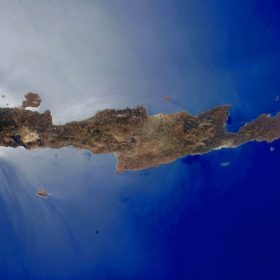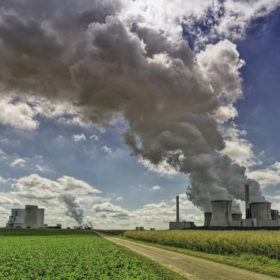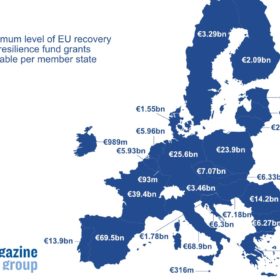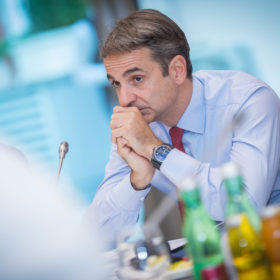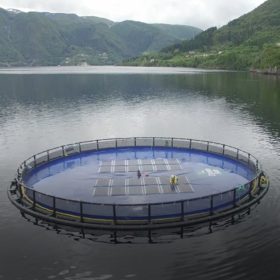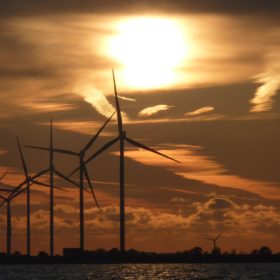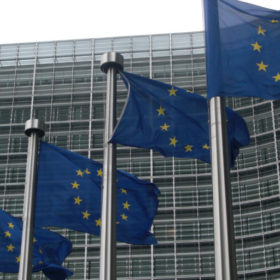PV sweeps Greece’s 350 MW tender with country record €0.03297/kWh tariff
Greece held its latest round of solar and wind power auctions this week. Overall, 350 MW of PV was allocated while wind power projects failed to win any capacity.
Greece developed 1 GW of solar in 2020 and has linked Crete to the mainland grid
Statistics published by Greece’s leading solar association show the country constructed 913 MW of new photovoltaic systems last year. Meanwhile, Greece’s largest island has been connected to the mainland power network by what has been described as the world’s longest subsea AC cable.
Eurostat figures confirm rise of renewables during Covid-hit 2020
While solar, wind and hydro generated 80 TWh more electricity last year than in 2019, coal and oil use fell in every EU member state, and Greek energy emissions fell almost 19%.
EIB and Greece agree first in EU to co-manage €5 bln of recovery plan
The European Investment Bank and Greece this week signed a first-of-its-kind agreement to jointly manage €5 billion of investment concerned with the EU member state’s post-Covid recovery plan. The strategy has a key focus on green energy.
Greece’s recovery plan to invest €10bn in clean energy
The Greek government has published its plan for a post-Covid economic recovery. The strategy aims to mobilize at least €10 billion towards the green energy sector, with the prospect of further EU loans on top.
Norwegian floating PV specialist to provide tech for projects in Greece
Norway’s Ocean Sun has agreed to provide its technologies for utility-scale floating PV projects that Greek developer MP Quantum Group wants to build on lakes, reservoirs and sheltered coastal inlets. They expect to secure permits for the first demonstrator by the end of this year.
European Commission opens antitrust probe into Greek state-owned utility
The EU executive will investigate whether power company PPC abused its dominant position in the member state’s wholesale electricity market to squeeze out competitors.
Retrofitting solar parks for agrivoltaics
Enel Green Power is combining existing PV arrays with agriculture at nine pilot sites in Europe. pv magazine recently spoke to Giovanni Tula, the company’s head of sustainability, about the business model and its replicability.
Greece, Cyprus and Israel take a further step to link their grids
The three Mediterranean countries of Greece, Cyprus and Israel signed this week an agreement to develop a subsea cable that links their electricity grids. Upon completion, the so-called EuroAsia Interconnector will be the world’s longest subsea power cable and could boost solar PV development in all three countries substantially.
European Commission approves further €2.9bn battery research project
Companies from a dozen EU member states will commit the public funds in a bid to come up with novel battery chemistries and production methods as well as recycling and circular economy innovation.

